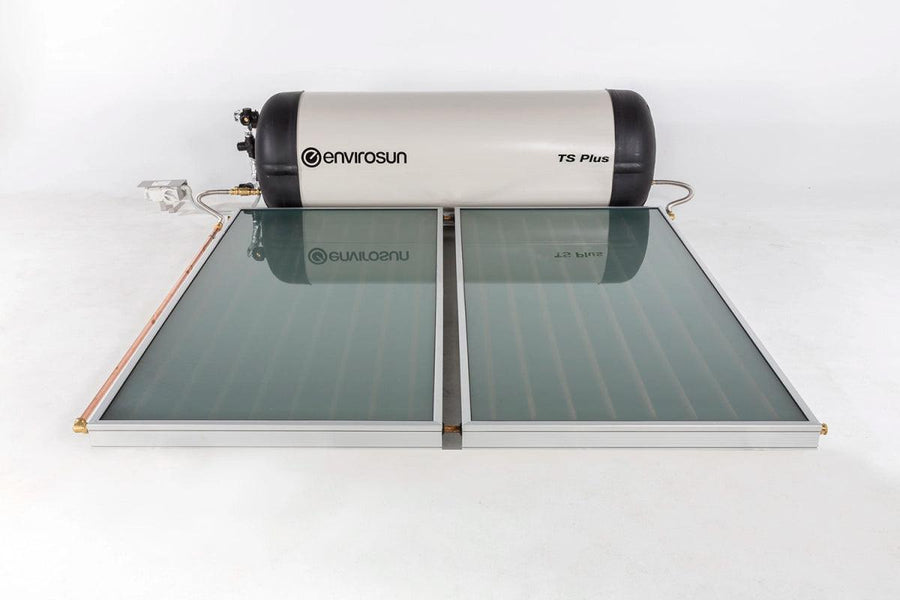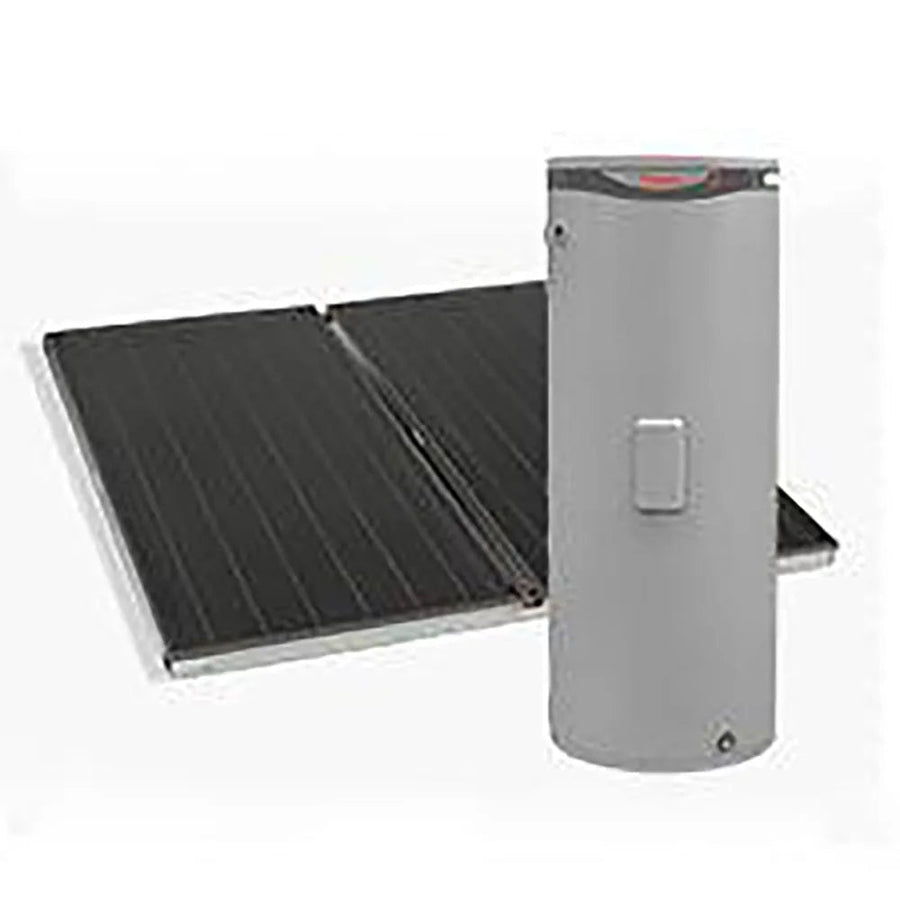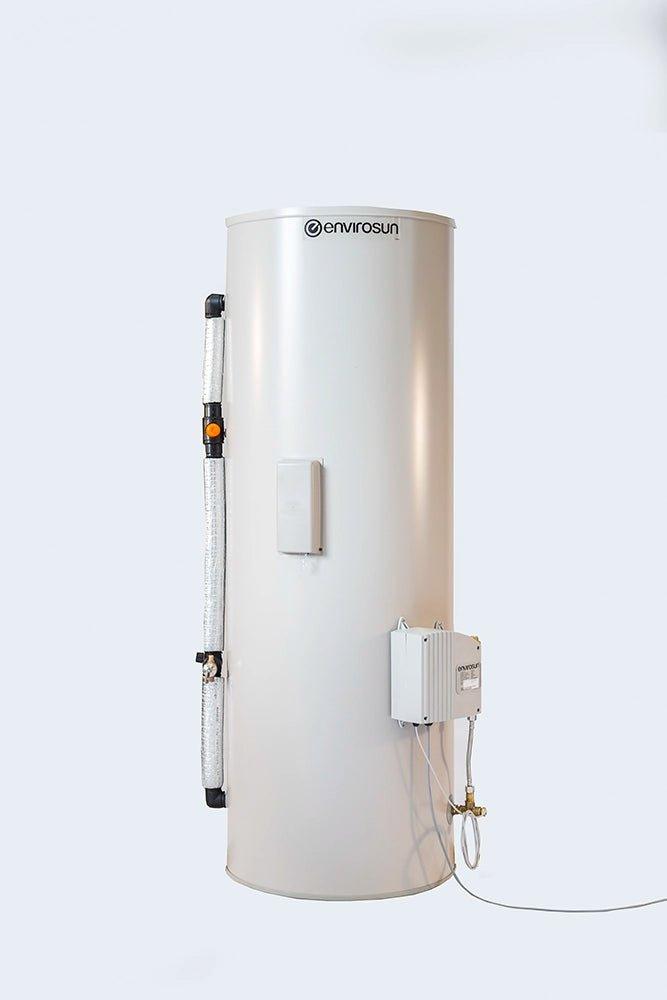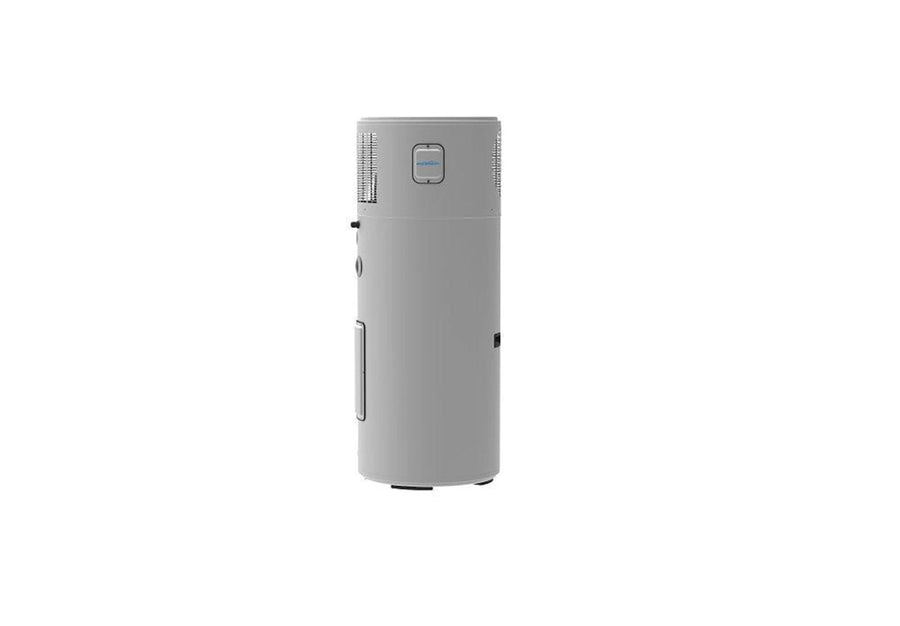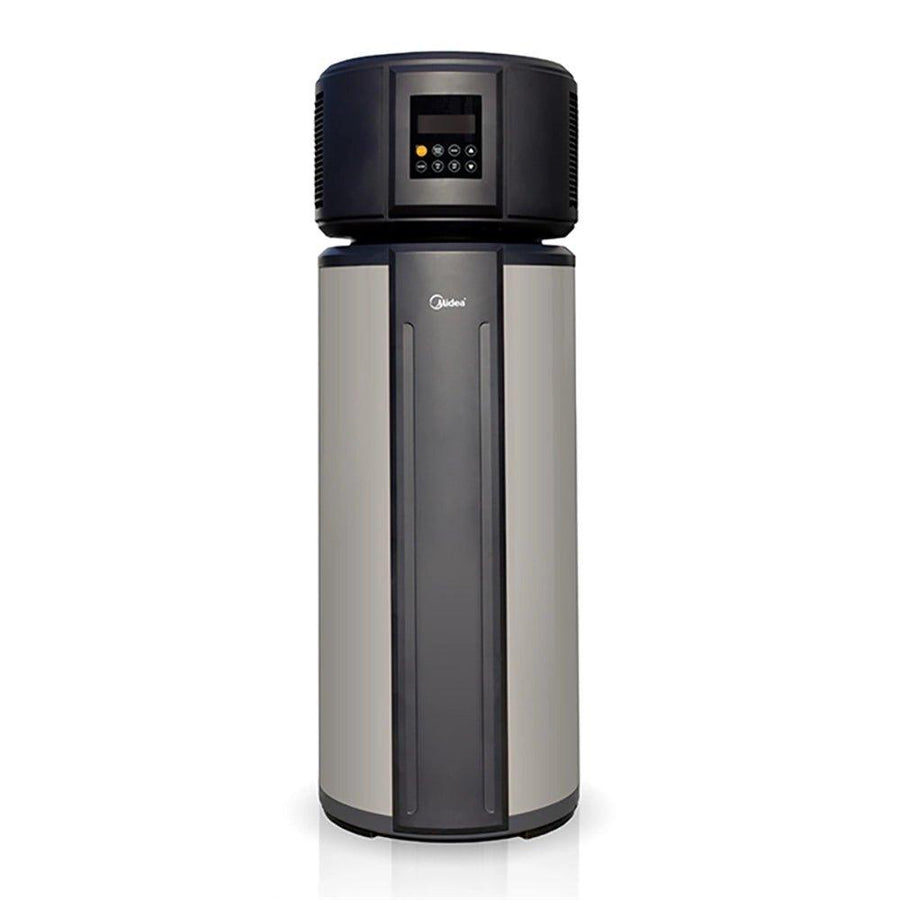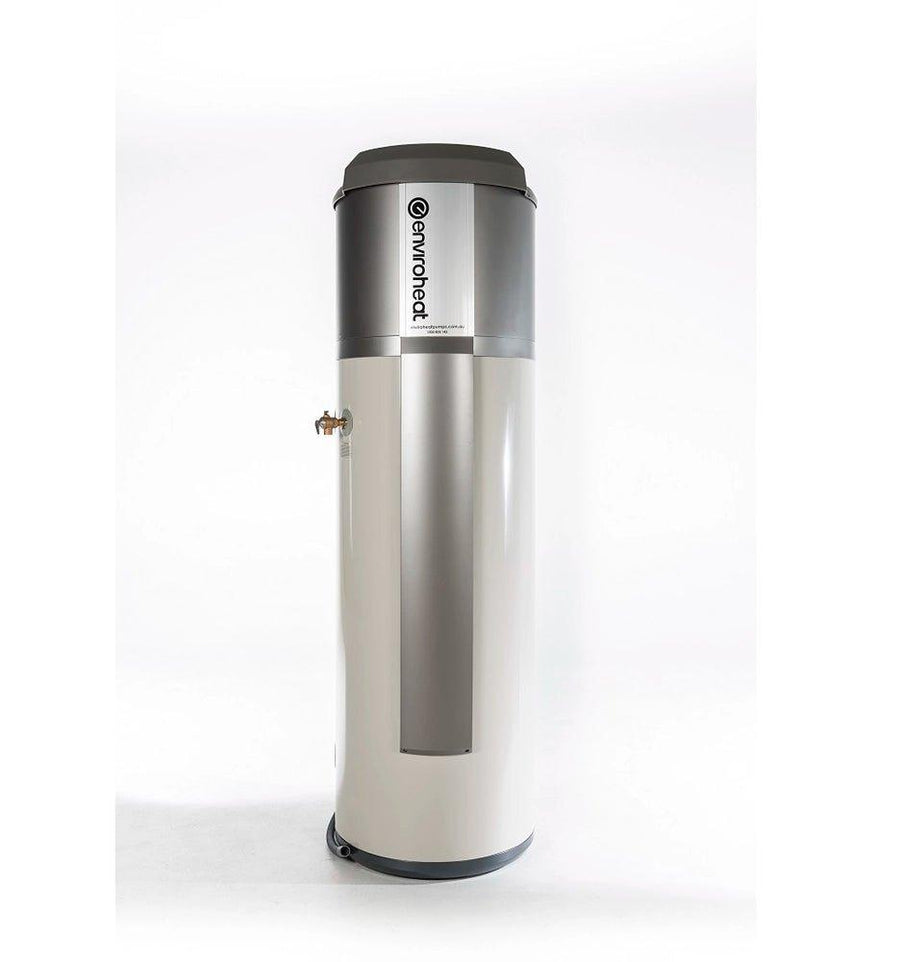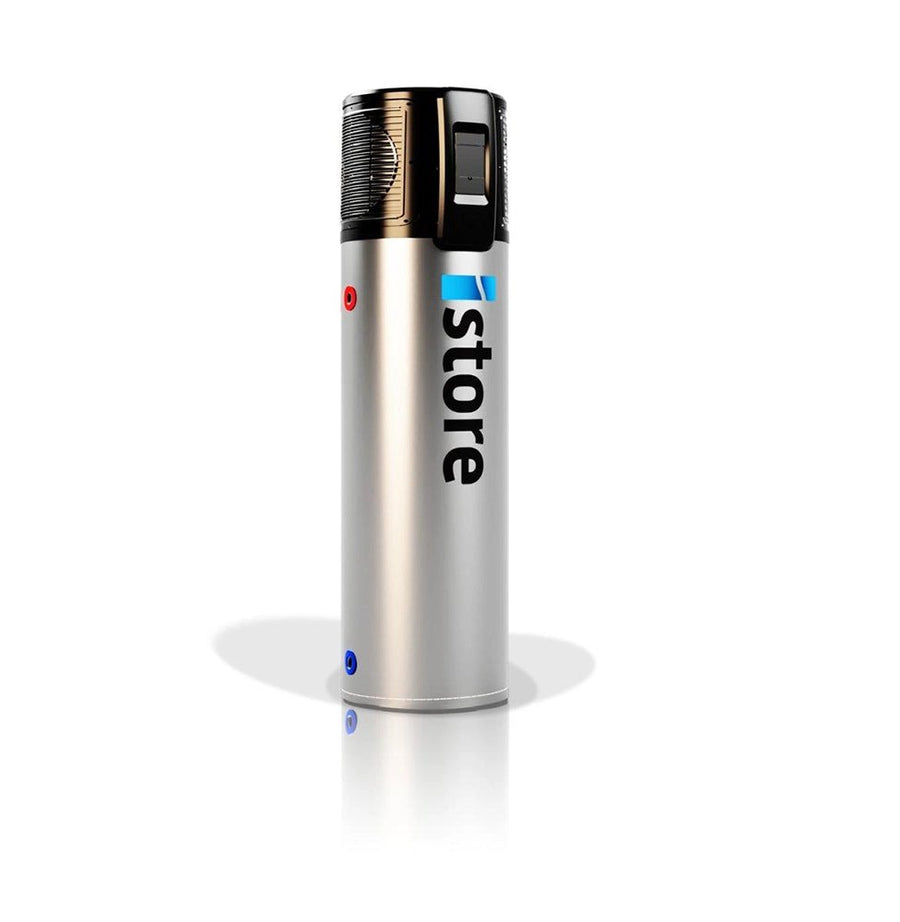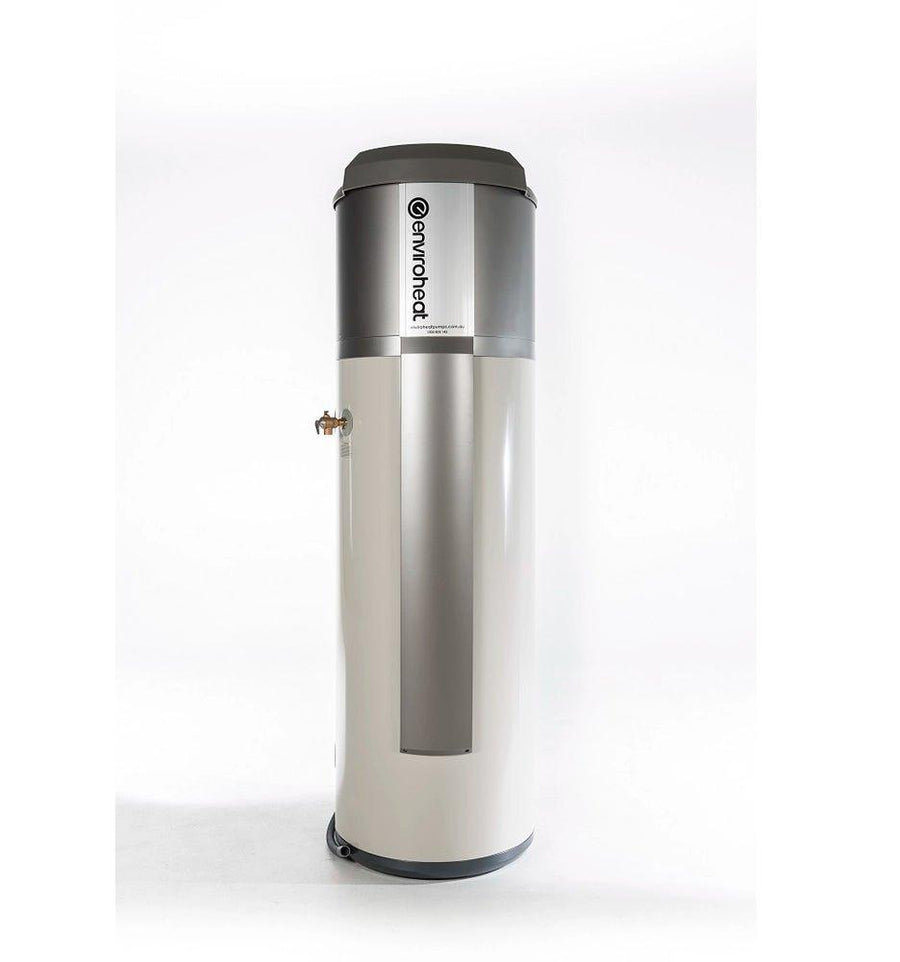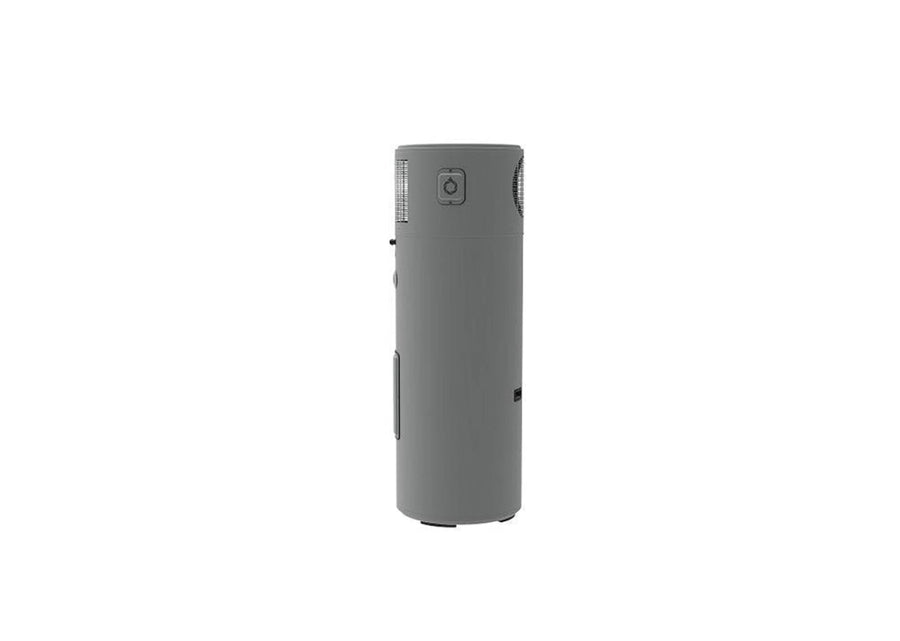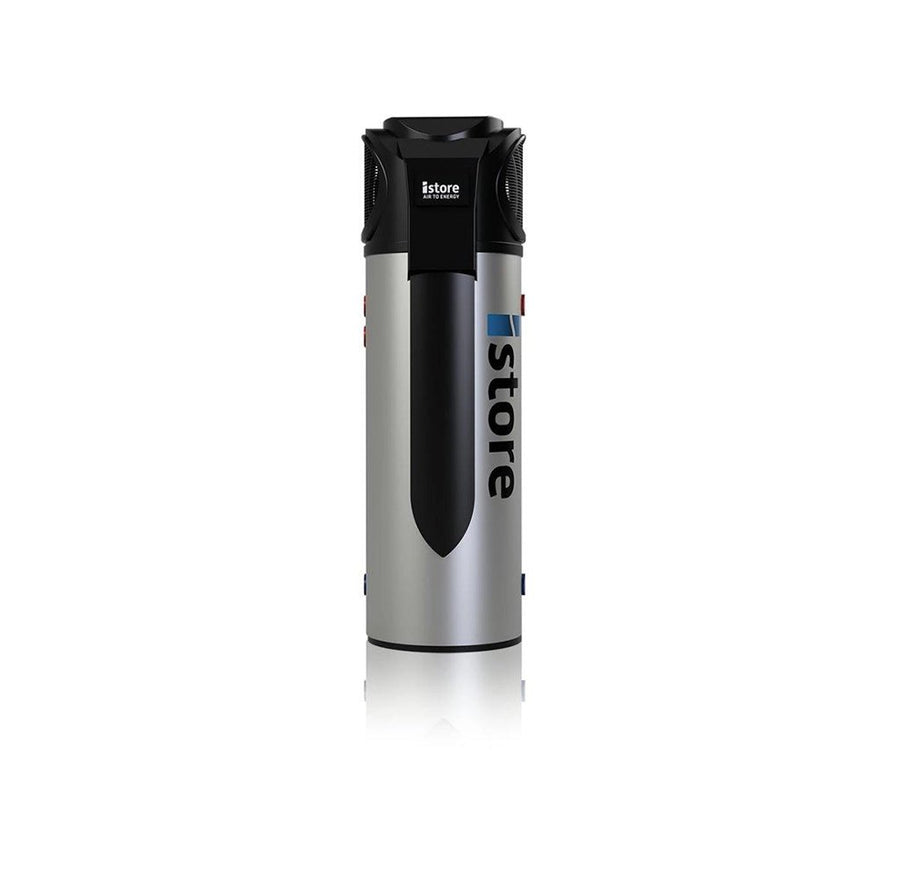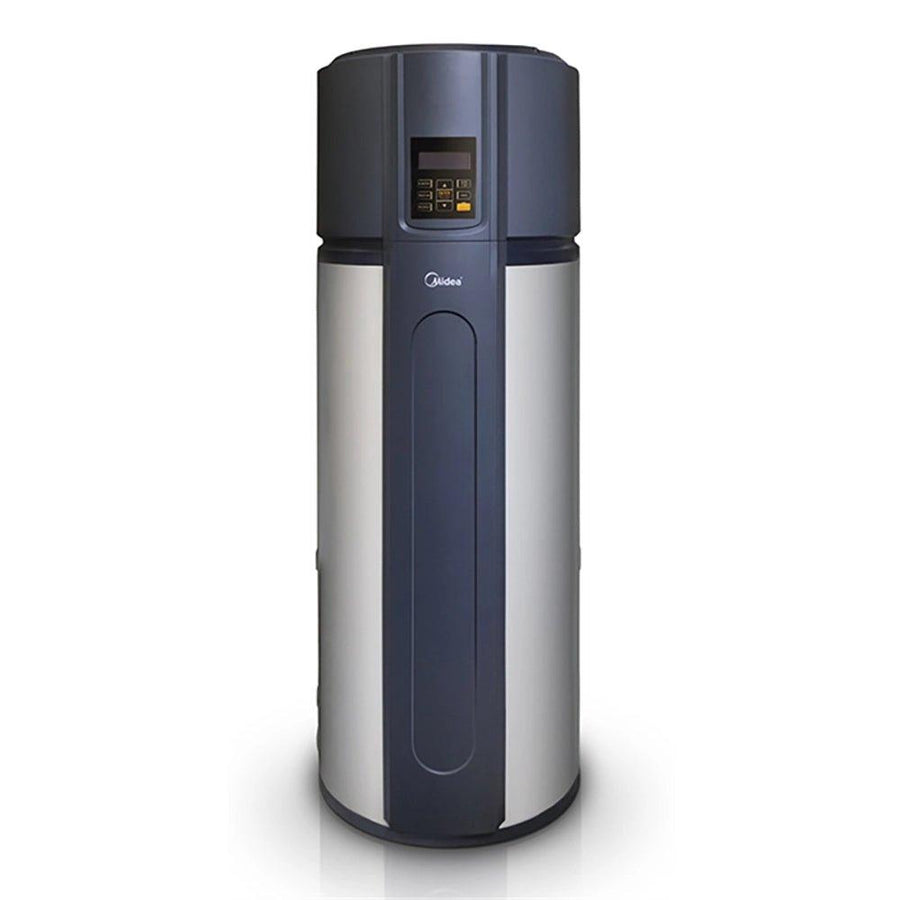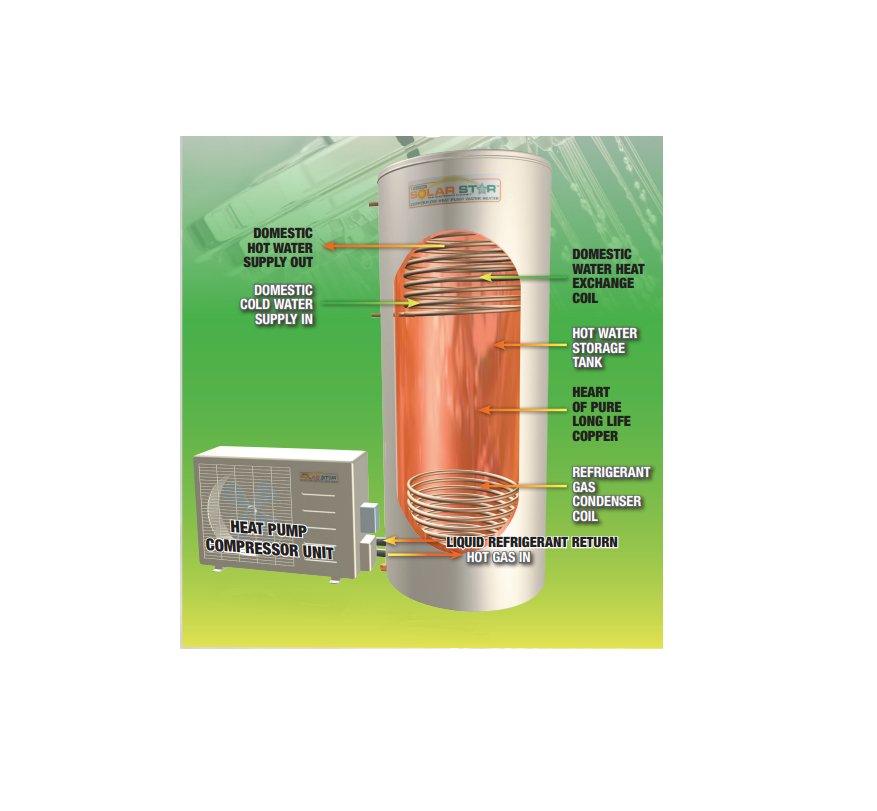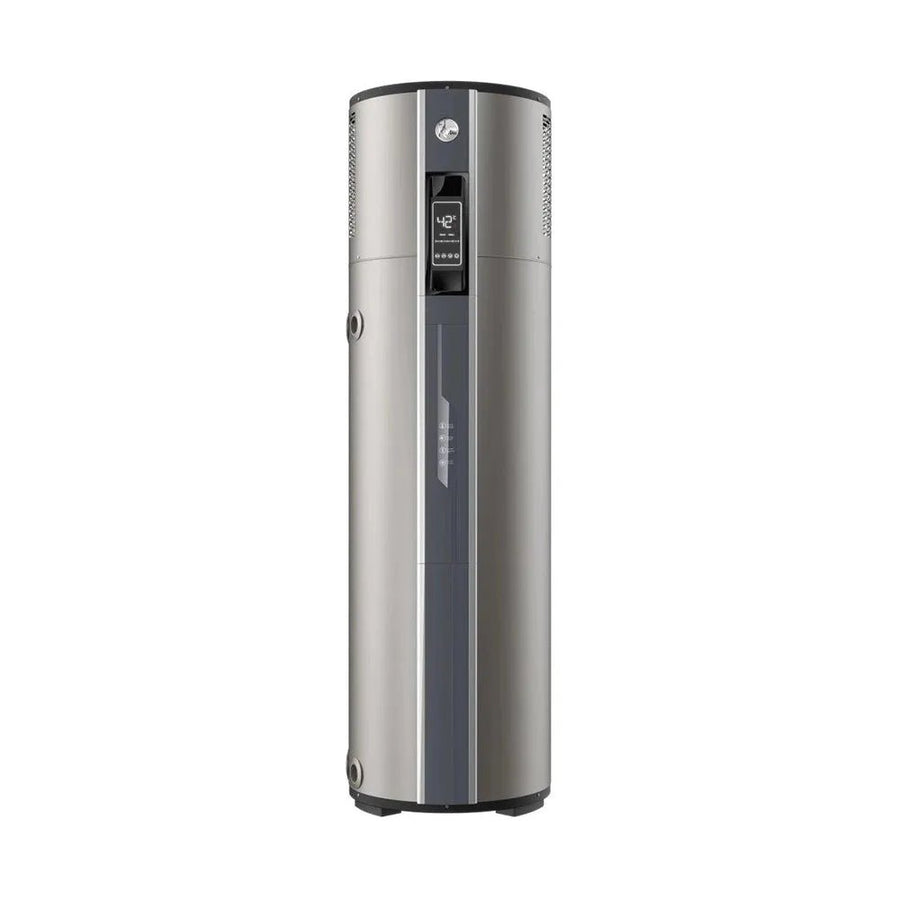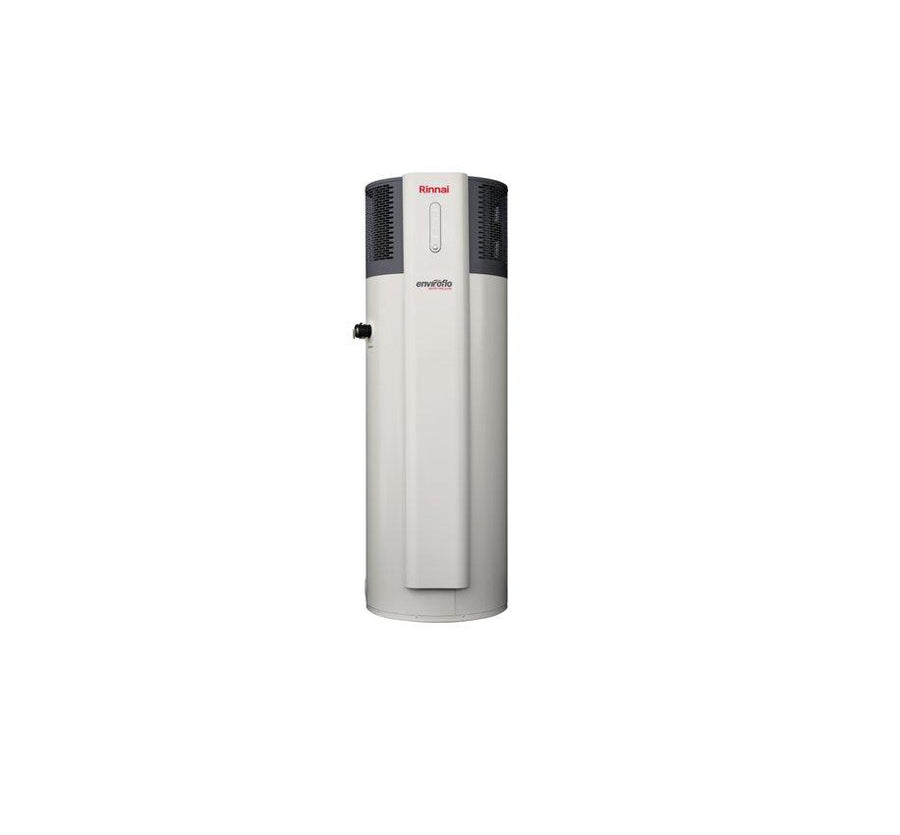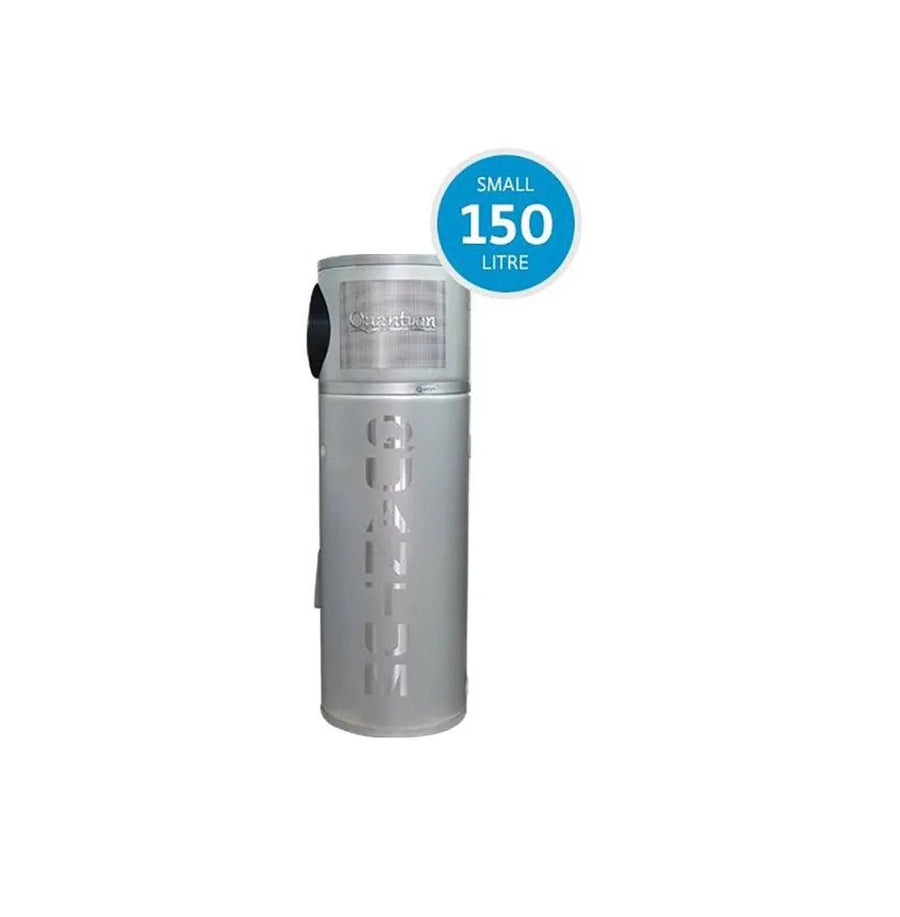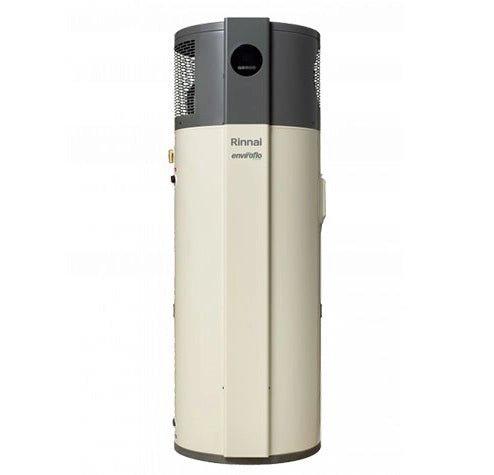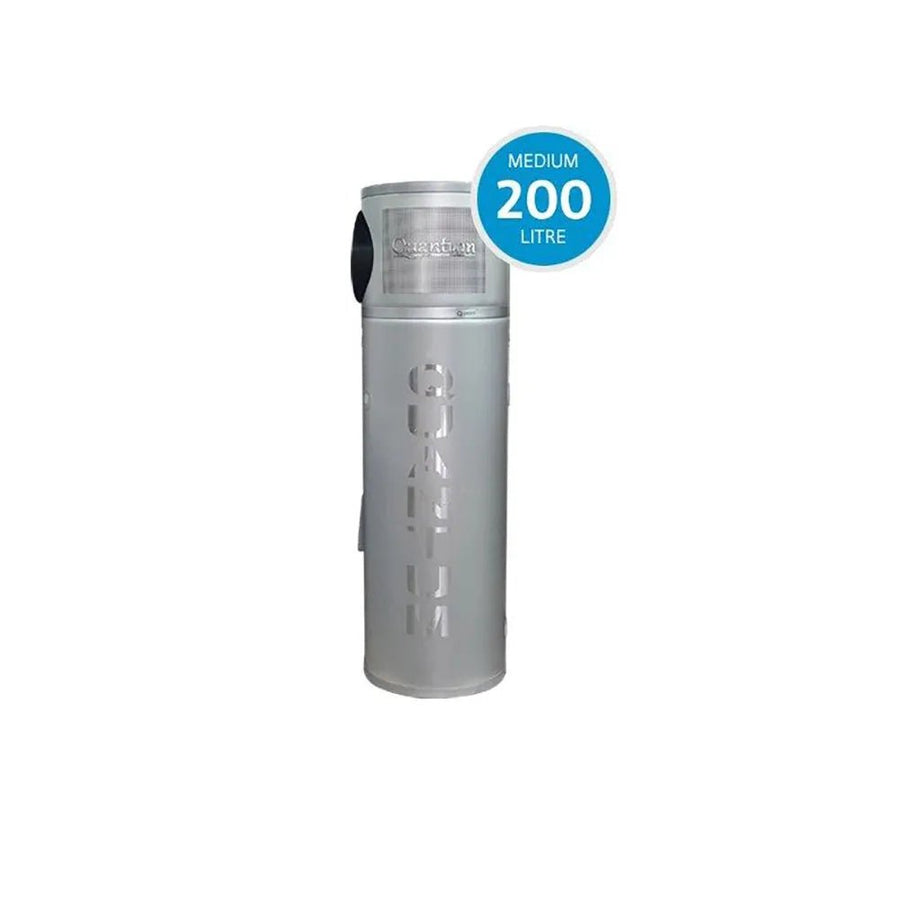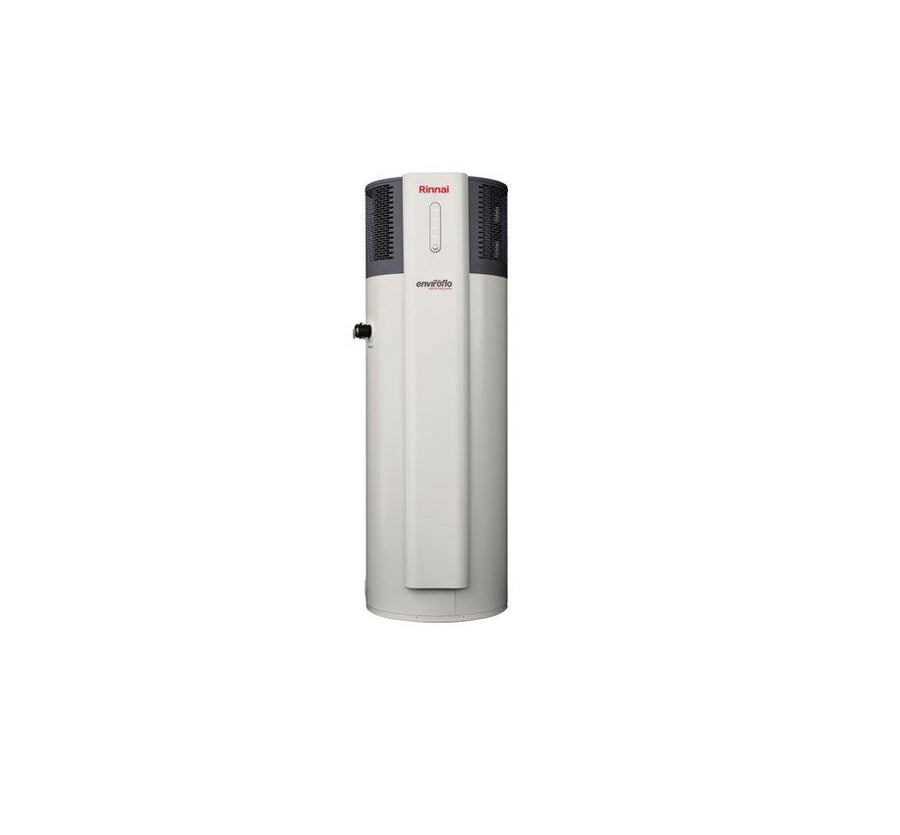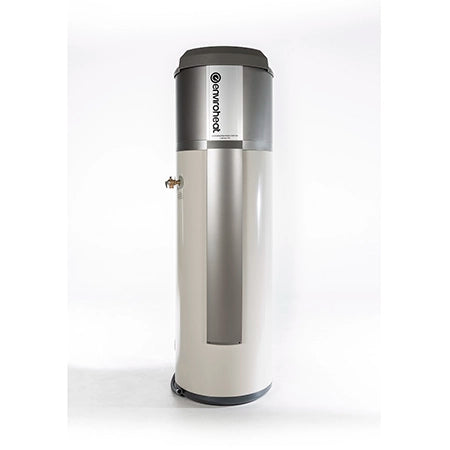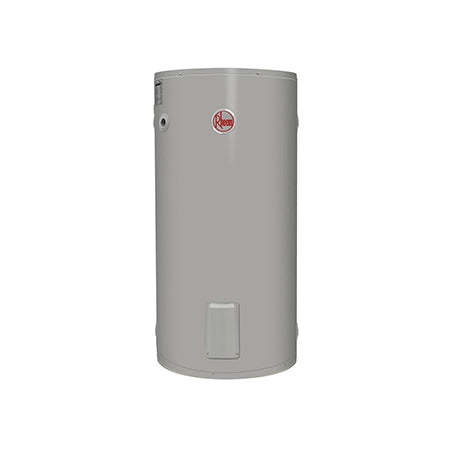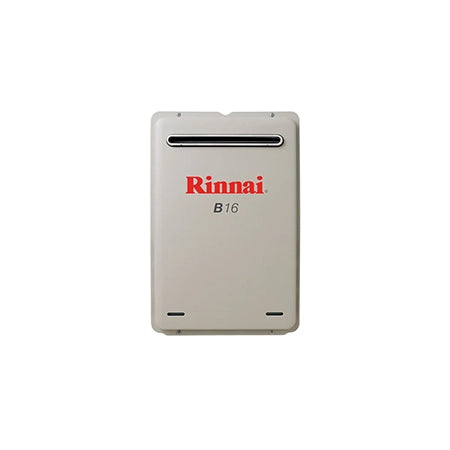Harness the Sun: Your Ultimate Guide to Solar Hot Water Systems
As energy costs rise, ‘solar hot water’ emerges as a savvy solution for homeowners. This essential read provides you with a clear understanding of solar hot water systems, their benefits in slashing bills and conserving the environment, and practical insights into their installation and lifespan. Whether you’re looking to upgrade your system or are new to solar energy, our guide has the crucial information you need.
Key Takeaways
-
Solar hot water systems are an efficient and sustainable way to meet over 80% of a household’s hot water needs, with backup boosters ensuring constant supply regardless of weather.
-
Investing in solar hot water systems can significantly reduce energy bills, with the potential to save 60% or more on gas bills and increase the value of your home, combined with government rebates and incentives for added cost-effectiveness.
-
Proper sizing and regular maintenance of solar hot water systems are essential for maximum performance, with various system types available to suit different needs and preferences, offering long-term savings and environmental benefits.
Understanding Solar Hot Water Systems
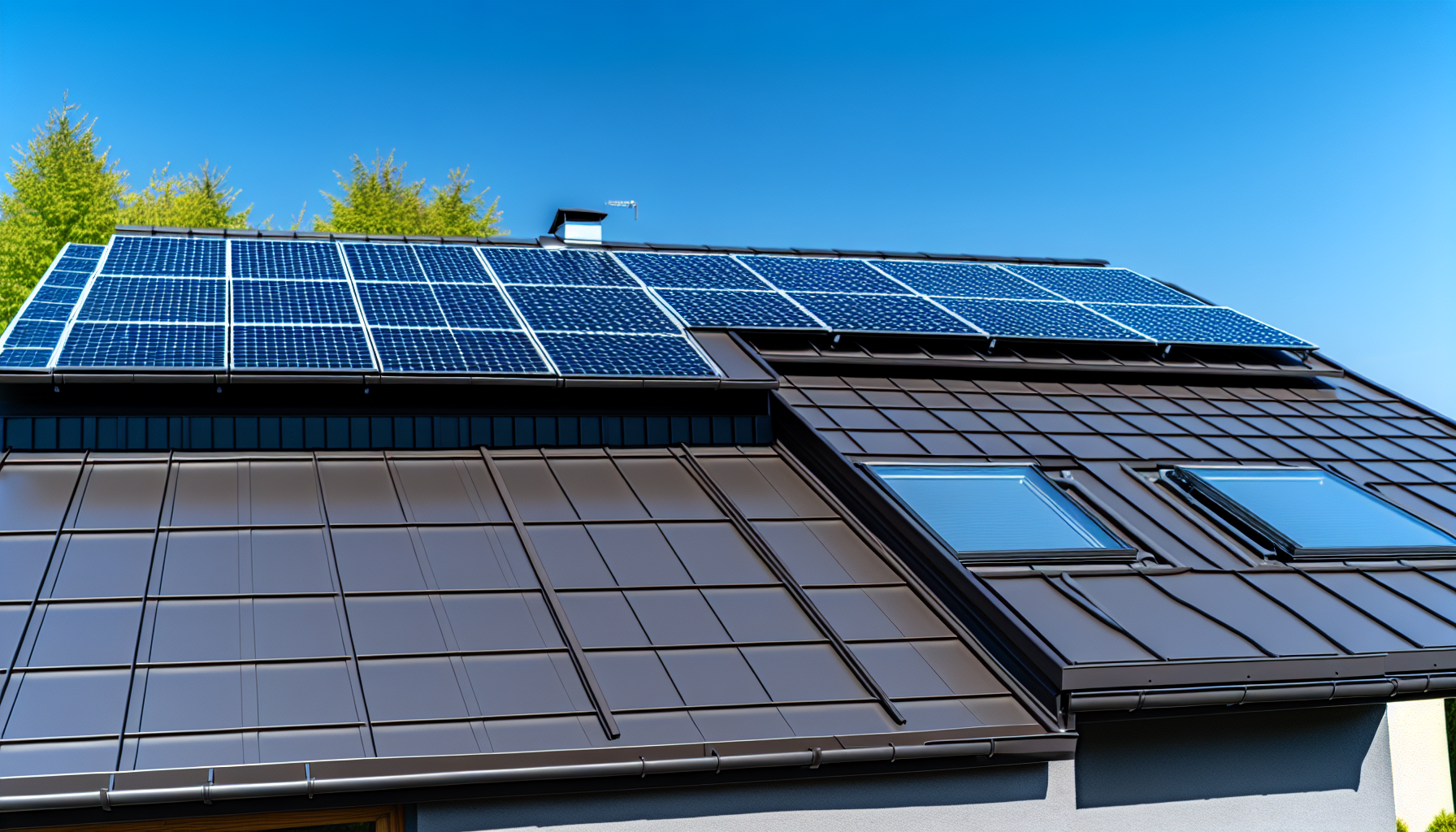
Solar hot water systems cleverly tap into the sun’s energy to heat water, serving as a sustainable and renewable source of hot water for homes or buildings. These systems capture the sun’s energy through solar collectors, often in the form of solar panels, and use this energy to heat water. The heated water then gets transferred into a heat exchanger within a storage tank, providing hot water for household use, including the convenience of a hot water tap.
The distinguishing feature of solar hot water systems is their remarkable efficiency. They can provide over 80% of a household’s hot water needs power-free with a correctly sized system. And what about those gloomy days when the sun refuses to peek out from behind the clouds? No worries! These systems come equipped with a gas hot water system or electric boosters ensuring a continuous hot water supply, making them a reliable and energy-saving choice compared to traditional gas hot water systems. A new hot water system like this can be a great investment for your home.
The Role of Solar Collectors
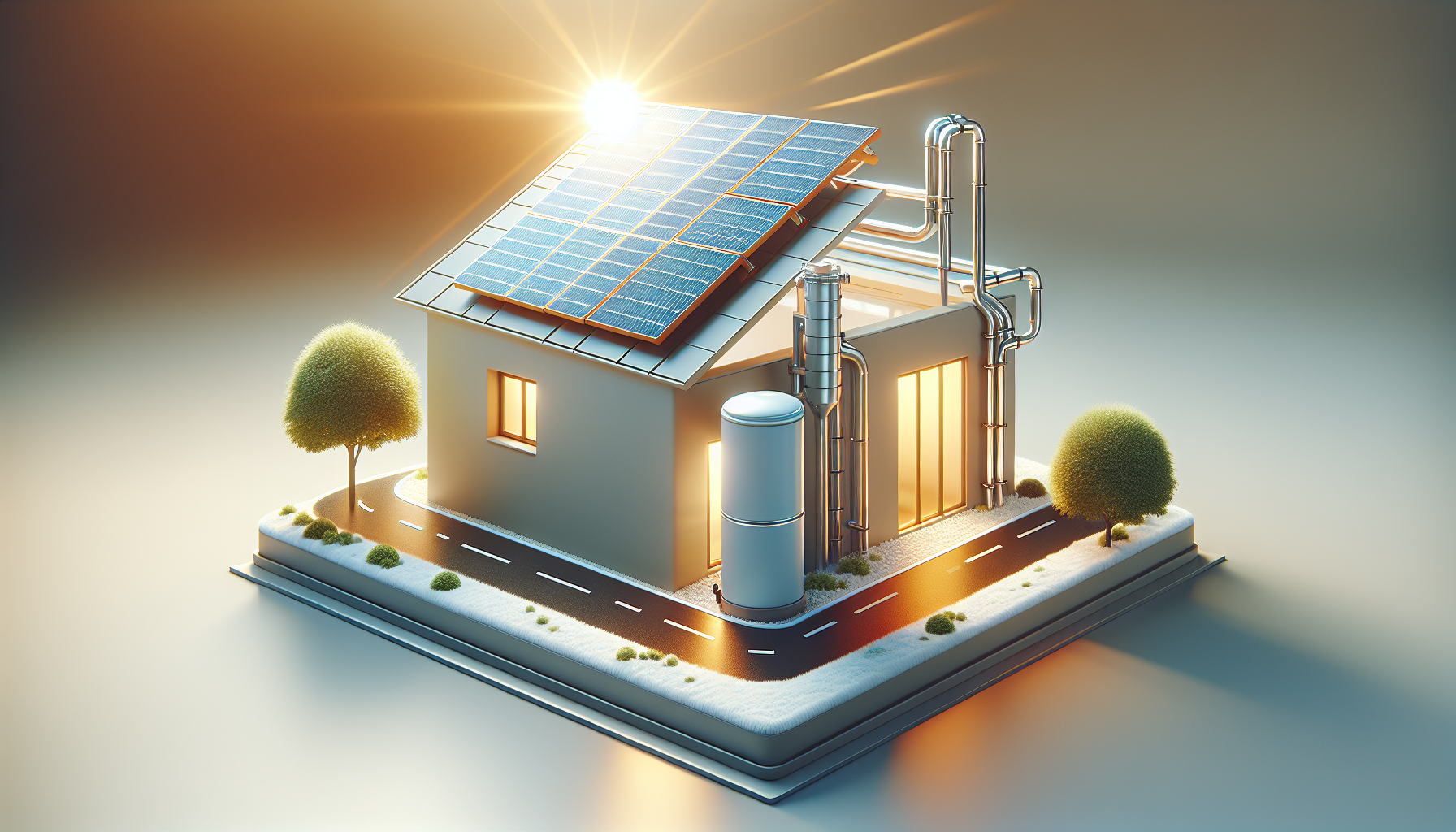
Solar collectors form the core of the solar hot water system. They harness sunlight on the rooftop and efficiently transfer heat to provide a hot water supply. The most common type of collector is the flat plate collector, designed to absorb sunlight and transfer heat to water. However, innovation doesn’t stop there. Evacuated tube collectors, which perform exceptionally well in colder climates, offer even better efficiency, proving the versatility of solar hot water systems.
So, where is the ideal location to install these collectors? For optimal performance, they should be installed on a north-facing section of the roof, no more than 45° east or west of true north, to ensure they receive maximum sunlight. Just imagine, every day, your roof, basking in sunlight, is also hard at work ensuring you have a steady supply of hot water!
Storage Tank Essentials
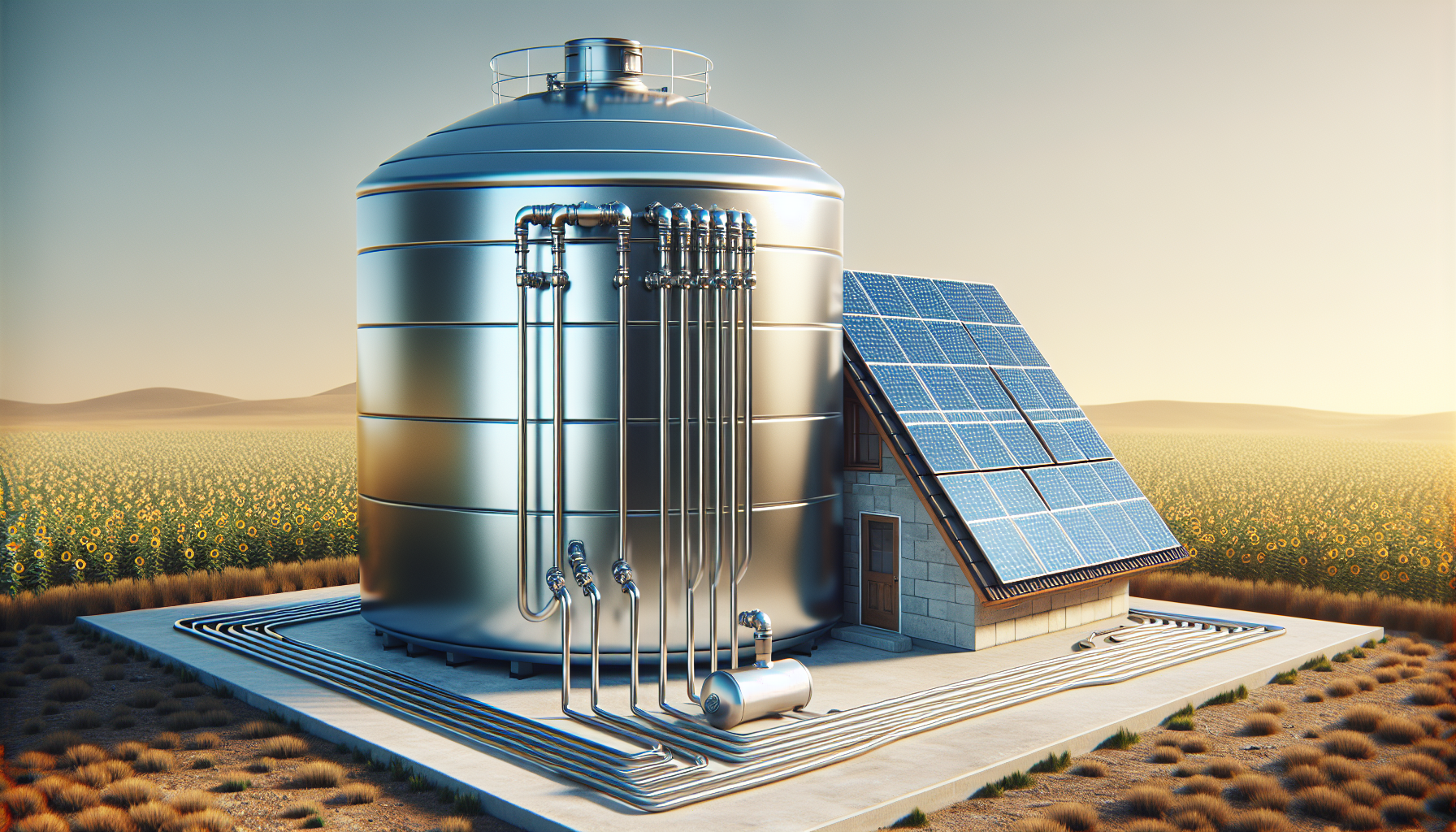
The storage tank in a solar hot water system does more than merely holding the heated water. It’s a well-insulated vessel designed to minimize heat loss and ensure you get hot water from your tap, anytime you need it. Depending on the system, these tanks may include a backup heating element, ensuring hot water availability even during periods of insufficient sunlight.
The average lifespan of a storage tank in a solar hot water system is about 7 to 15 years, but with proper installation and maintenance, it can last up to 20 years or more. That’s two decades of enjoying hot showers and clean dishes without worrying about your water heater!
Advantages of Switching to Solar Hot Water
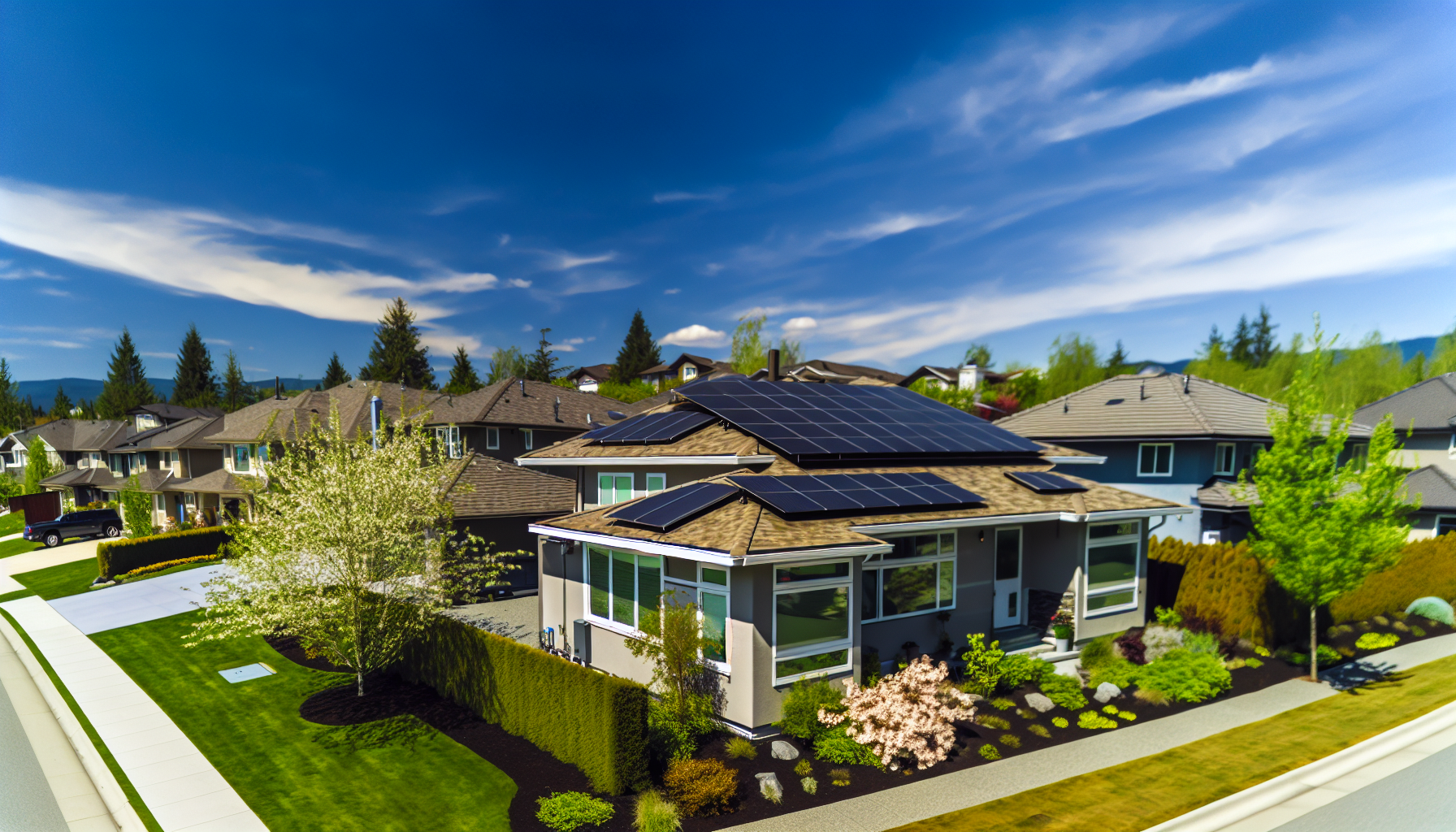
Adopting a solar hot water system unveils a plethora of benefits. For starters, you can significantly lower your gas bills by about 60% or more. Additionally, the payback time for replacing an electric hot water system with a solar system is often five years or less, offering great potential for cost savings.
But the advantages don’t stop at your wallet. Purchasing a solar hot water heater can potentially increase the value of your home. On top of that, using a solar hot water system has a positive impact on the environment by reducing greenhouse gas emissions and reliance on fossil fuels. And to sweeten the deal, fantastic incentives are available, including government rebates, which make installing a solar hot water system an even more appealing choice.
Types of Solar Hot Water Systems Explored
Much like the various types of cars - sedans, SUVs, trucks, etc., designed to cater diverse needs and preferences, solar hot water systems also come in different types. The two main types are active and passive solar hot water systems, and they differ mainly in their circulation methods and energy usage.
Active solar hot water systems contain the following components:
-
Solar collector
-
Storage tank
-
Heat exchanger
-
Pump
-
Controller
A solar water heater operates by efficiently absorbing the sun’s energy in the roof-mounted solar collectors and transferring this energy to heat water stored in the tank, providing an eco-friendly and cost-effective way to generate hot water.
On the other hand, passive solar hot water systems operate through natural convection, making them less complex but also less versatile than active systems.
Active Solar Hot Water Systems
Also known as pumped systems, active solar hot water systems encompass all vital components such as:
-
a solar collector
-
a storage tank
-
a heat exchanger
-
a pump
-
a controller
A pump circulates water from the storage cylinder to the collectors for heating, and back to the tank, all controlled by electronic controllers, with the help of an electric or gas booster, also known as a gas booster.
If the roof structure is not strong enough to support the weight of a close-coupled system’s storage cylinder, these systems offer a fantastic solution. They can provide an effective alternative in such cases. Active solar hot water systems are designed to efficiently utilize energy for pumping and may have minimal heat losses in the pipes between the collector and the storage tank.
Passive Solar Hot Water Systems
Operating based on the ‘Thermosiphon’ principle, passive solar hot water systems leverage naturally occurring phenomena such as heat absorption and fluid circulation due to temperature gradients to harness solar heat and channel it to the water.
Passive systems also come in direct and indirect types. Direct systems offer a natural flow of heated water from solar collectors to the storage cylinder, while drawing cooler water down for heating. Indirect systems utilize an anti-freeze like glycol to separate the collector fluid from the cylinder water, ensuring efficient heating through a heat exchanger coil.
Indirect systems are essential in frost-prone locations as they protect the collectors from being damaged by water freezing and expanding at very low outside temperatures.
Heat Pump Systems: An Efficient Alternative
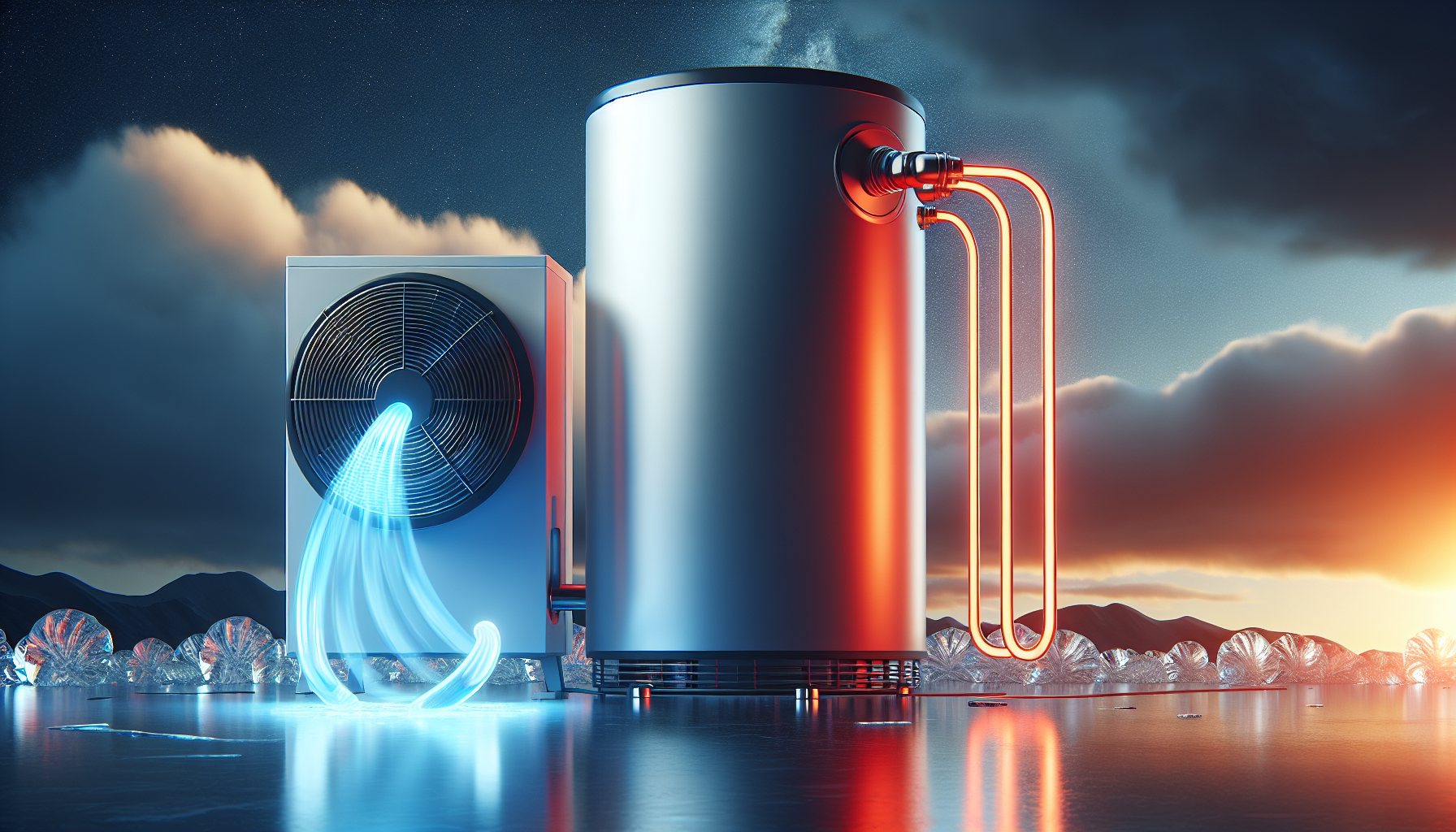
Despite the impressive features of solar hot water systems, they aren’t the sole eco-friendly alternative available. Heat pump systems offer an energy-efficient alternative that extracts heat from the air to heat water, making them a suitable choice for areas with less sunlight.
Heat pump systems operate on a principle similar to a reverse-cycle air conditioner or fridge, efficiently transferring heat from the air to warm water for domestic use. These systems typically use around 60 to 75% less electricity, offering considerable energy savings for homeowners. And the best part? For a four-person household, a heat pump system with a 270-315 litre tank can ensure an abundant hot water supply.
Solar Hot Water System Costs Uncovered
Undoubtedly, investing in a solar hot water system comes with certain initial costs. The potential cost range for solar hot water systems is an investment in long-term energy savings and environmental sustainability, ranging from $3,000 to $8,000.
The final cost of solar hot water systems is determined by factors such as the cost of the system and its installation, as well as the availability of rebates and the price of small-scale technology certificates (STCs) at the time of purchase. These elements collectively influence the overall price. These STCs represent the environmental value of your system’s renewable energy production and can be sold to suppliers at a market price, typically around $30–40 each.
A solar or heat pump hot water system can qualify for 20–40 STCs, providing a substantial financial benefit in reducing the overall cost of the system.
Understanding the Upfront Investment
Factors that can affect the upfront investment for a solar hot water system include:
-
The system’s size and type
-
The brand
-
The location
-
The complexity of installation
For instance, a standard close-coupled system with a 300L cylinder can cost between $4500 to $6500, while a split system of the same capacity can range between $2,625 and $3,575, offering potential savings.
The brand can also influence the price of the system. While solar hot water systems are generally more expensive than traditional systems, different brands can offer varying costs, highlighting the potential for long-term efficiency and savings. Furthermore, installations in remote locations can range from $3,000 to over $6,000, reflecting the potential for higher transportation and logistics costs to be a worthwhile investment in sustainable energy solutions.
Long-Term Savings Analysis
The primary advantage of investing in a solar hot water system, despite the initial cost, lies in the long-term savings that can swiftly compensate for the early investment. Homeowners can enjoy significant savings of around $970 per year on running costs with a solar hot water system, compared to using an electric storage water tank.
The payback time for solar hot water systems offers a great opportunity for long-term savings and a more sustainable energy solution. It varies based on factors such as installation costs, system size, and energy consumption, but ultimately, it signifies the point when the cost of the system is fully recouped through the savings on energy bills.
Higher energy costs can actually lead to faster payback times for solar hot water systems, as they generate more significant savings by offsetting the cost of more expensive traditional energy usage.
Installation Insights for Solar Hot Water Systems
Given the complexity of the system and the need for roof stability, professional installation becomes a necessity when installing a solar hot water system. It’s important to start by checking with your local council about building regulations. It’s likely that councils will be supportive of your decision to install a solar hot water system, but it’s always good to be aware of any potential restrictions.
Before installing a solar hot water system, a professional roofing contractor should check the roof’s condition to ensure it is stable enough for the installation. This ensures not only that the system will work efficiently but also that your roof won’t suffer any damage due to the weight of the solar panels.
Incentives and Rebates to Help You Save
In addition to energy savings, the installation of a solar hot water system also offers financial incentives and rebates, aiding in reducing the overall system cost. STCs, or small-scale technology certificates, play a significant role in reducing the cost of installing solar hot water systems.
Depending on the state, there are a variety of rebates and incentives available to support the adoption of solar hot water systems. State governments, as well as some manufacturers and suppliers, offer rebate calculators on their websites which can be used to identify rebates for which you are eligible. These incentives, coupled with the cost savings, environmental benefits, and increased home value, make installing a solar hot water system a great decision to consider. Some of the common rebates and incentives include:
-
Federal tax credits
-
State and local rebates
-
Utility company incentives
-
Solar renewable energy certificates (SRECs)
-
Property tax exemptions or reductions
Be sure to check with your local government and utility companies to see what specific incentives are available in your area.
Sizing Your Solar Hot Water System Correctly
Appropriate sizing of a solar hot water system is key to guarantee that it can efficiently meet your household’s hot water requirements. The size is positively influenced by the number of occupants in the household and the tariff available to run the system.
For instance, a household of 8 or more can confidently consider a 400L system. On average, it’s great to consider a daily hot water usage of 50L per person when sizing a solar hot water system. For households with poor orientations, shading or higher-than-average water usage, a triple panel system is recommended to ensure adequate heating. It’s important to engage in a conversation with your supplier to get specific size recommendations.
Maintenance Matters: Keeping Your System at Peak Performance
Similar to other home appliances, solar hot water systems demand regular maintenance for them to operate at peak performance. Regular professional servicing is extremely beneficial for keeping solar hot water systems operating efficiently.
An inspection of solar and heat pump hot water systems is recommended every five years to ensure optimal performance and longevity. The cost of a full professional service for a solar hot water system can range between $300-500, depending on the specific parts needed and the cost of labor. Although this might seem like an extra cost, the long-term benefits in terms of system efficiency and lifespan make it a wise investment.
Choosing the Right Supplier and Installer
Selecting an appropriate supplier and installer for your solar hot water system is pivotal for a seamless and effective installation. Getting quotes from multiple suppliers can benefit you by ensuring that you receive a competitive price and allowing you to compare the different services, warranties, and customer service offered by each.
When choosing a supplier for your solar hot water system, it’s important to consider the following factors:
-
The number of people and bathrooms in your home
-
Age and frequent usage of hot water appliances
-
Climate
-
System usage and capacity
-
Type and efficiency of solar heaters
-
Price
Additionally, selecting a reputable brand with positive customer reviews and offering a solid warranty is essential.
Enhancing Efficiency with Solar PV Systems
If you aim to boost the efficiency of your solar hot water system even more, think about installing solar PV panels. Solar PV systems enhance the efficiency of solar hot water systems by working in conjunction with photovoltaic panels to generate electricity for the home and harnessing the sun’s thermal energy to heat the water, maximizing energy efficiency.
Solar panel systems will quickly pay for themselves, thanks to the amazing savings on your electricity bills. And if you have an old electric storage tank hot water system, you can power it with solar PV panels.
Energy Efficiency and Environmental Impact
The high energy efficiency of a solar hot water system stands as one of the most persuasive reasons to make the switch. Solar hot water systems use at least 60% less energy than conventional gas or electric systems. When compared to heat pump water heaters, solar hot water systems demonstrate their superior energy efficiency by using only 30% of the energy of a conventional electric hot water system.
But the environmental benefits don’t stop with energy efficiency. Solar hot water systems also play a crucial role in reducing greenhouse gas emissions by harnessing the sun’s energy to heat water, thus eliminating the reliance on fossil fuels and their associated higher carbon emissions. The use of solar hot water systems can result in significant savings of up to 1.6 to 2.7 tonnes of carbon emissions per year and can reduce hot water energy use by up to 65%.
Summary
As we’ve explored throughout this blog post, solar hot water systems offer a sustainable and efficient solution for water heating. They not only reduce energy costs and environmental impact but also increase the value of your home and come with government incentives. Whether you choose an active or passive system, or decide to complement your system with solar PV panels, you’re making a wise and forward-thinking investment in your home’s future.
In conclusion, adopting a solar hot water system is more than just an environmentally conscious decision. It’s a smart investment that can lead to significant cost savings and even increase your home’s value. So, why not harness the power of the sun and turn it into a reliable source of hot water? It’s time to shine a light on your energy future with solar hot water systems!
Frequently Asked Questions
Is solar hot water worth it?
Yes, a solar hot water system is worth it in the long run as it can save you thousands compared to traditional heaters, making it a cost-effective choice for your home.
Is solar water heating any good?
Yes, solar water heating is definitely worth it. It can save homeowners up to 80% on water heating costs and cover the initial investment within a few years, leading to long-term financial benefits.
What are the disadvantages of solar hot water?
While solar hot water systems are a great sustainable choice, it's important to consider the need for sufficient roof space, direct sunlight, and regular maintenance to ensure optimal functionality. Keep in mind that cloudy, rainy, or foggy days may affect its performance.
What is the cost of a solar hot water system?
The typical cost of a solar hot water system can range from $3000 to $7000 fully installed, depending on the type of system chosen. It’s an investment worth considering for long-term savings.
What are the components of an active solar hot water system?
The components of an active solar hot water system are a solar collector, storage tank, heat exchanger, pump, and controller. These work together to efficiently harness solar energy for heating water.



